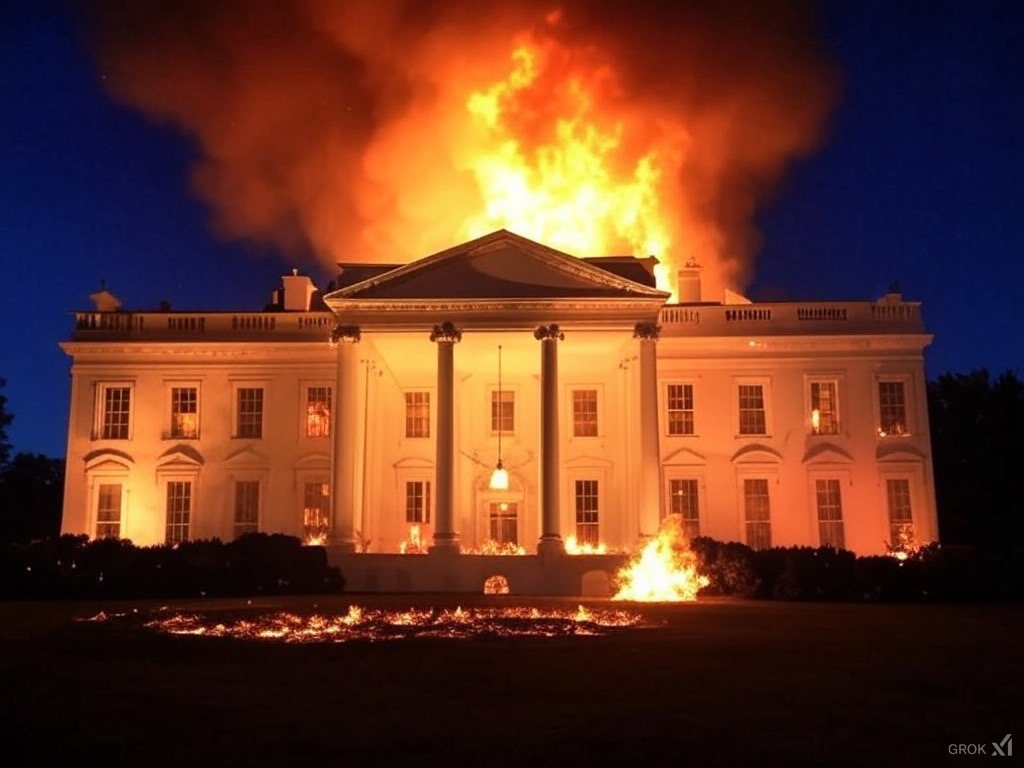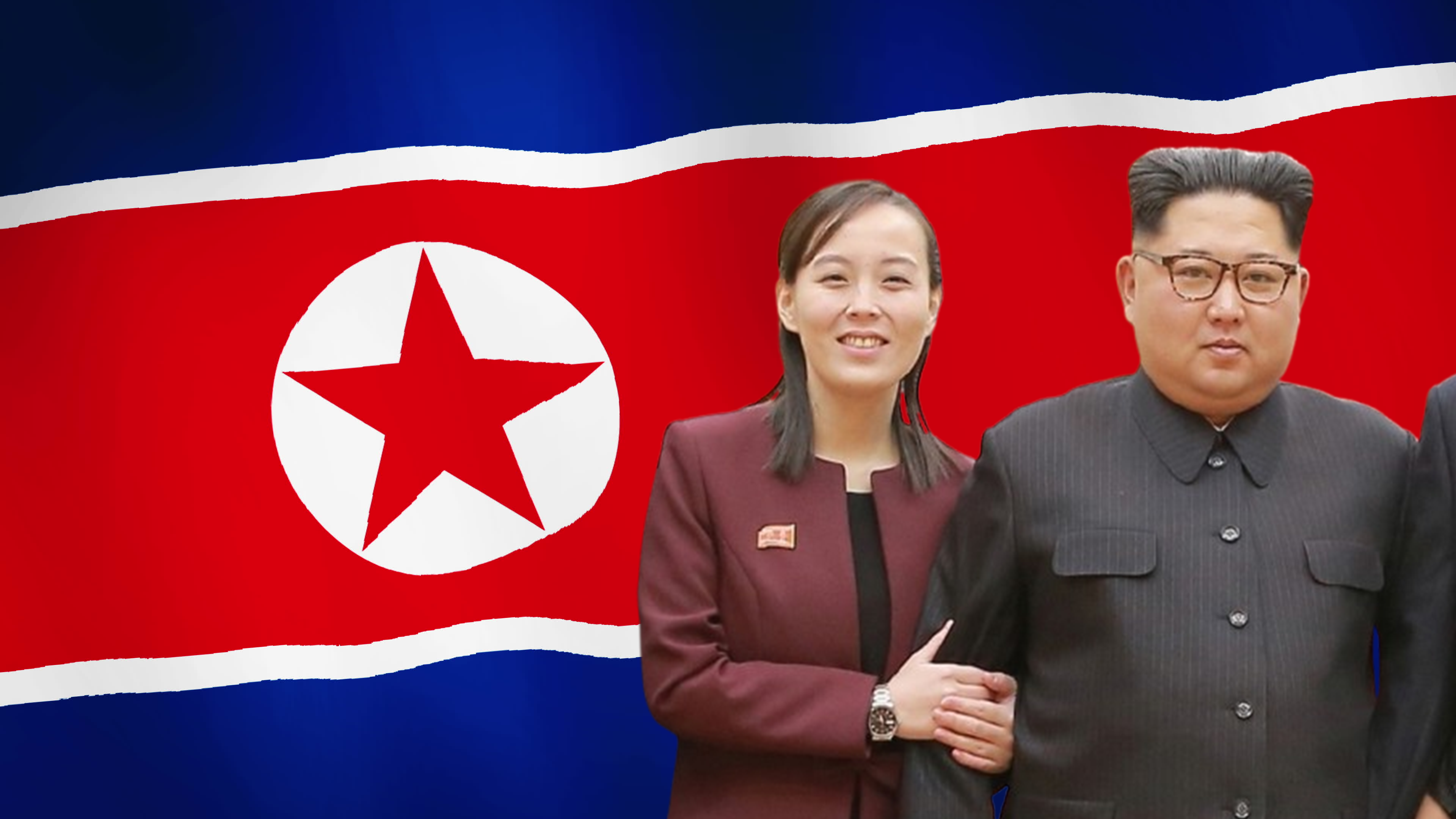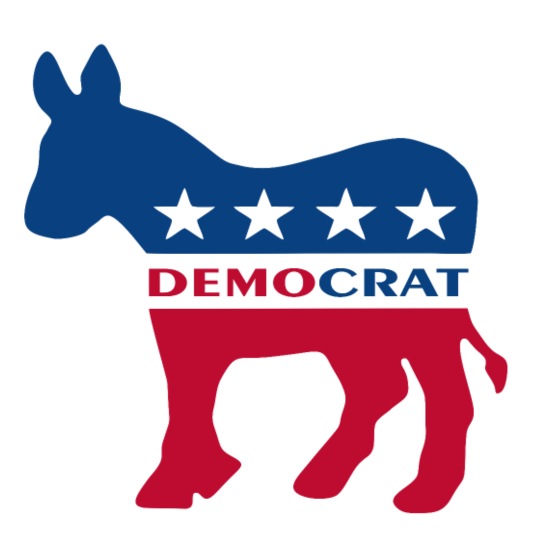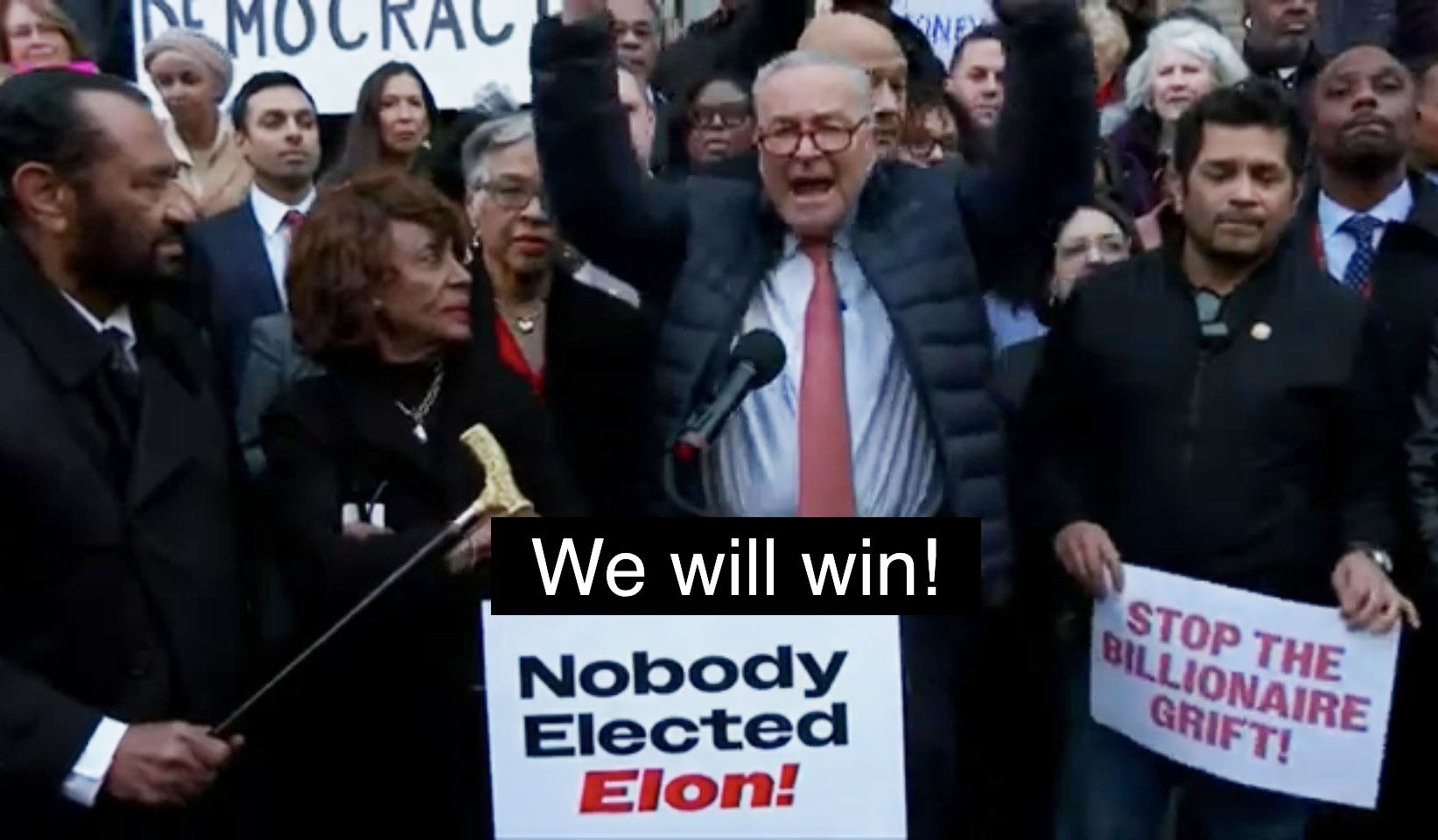Consequenses of discouraging peaceful protest can be severe
By: Andrew Ameer
Opinions Editor
When is the right time to protest? At 6 p.m. on a Thursday? 12 p.m. on a Monday? After applying for a protest permit from city hall?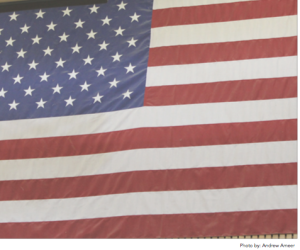
These are questions I’ve asked myself after witnessing the outrage at Colin Kaepernick, the 49ers player who refused (and continues to refuse) to stand up during the playing of the national anthem before football games.
The controversy started back in August when Kaepernick made the decision to sit down during the national anthem before a football game. He says he’s doing it to protest police brutality and ongoing social injustices.
“I am not going to stand up to show pride in a ag for a country that oppresses black people and people of color,” Kaepernick said in an interview after the game.
He went on to say “To me, this is bigger than football and it would be sel sh on my part to look the other way. There are bodies in the street and people getting paid leave and getting away with murder.”
Indeed, the issue of police violence has become ever more pertinent in the years following the unrest in Ferguson, Missouri and other U.S. cities. Case after case of unarmed black men and children being killed by police has pushed public trust and confidence in police officers to a breaking point. Michael Brown. Walter Scott. Eric Garner. John Crawford. Tamir Rice. Philando Castile. And so many others.
This anger and frustration too often reaches a boiling point where it is released and the result is a destructive catastrophe — the kind that sees gas stations burned down, city blocks looted and, ultimately, the tragic loss of more human life.
People have lashed out at Kaepernick, burning his No. 7 jersey, calling for the NFL to punish him with nes or suspensions. Some have even called for him to leave the country. Many people
feel that his protest is disrespectful to America, calling it un-American, un-patriotic, and disrespectful to veterans.
Some veterans, for their part, leapt in to defend Kaepernick’s protest with the hashtag #VeteransForKaepernick to show support for his cause, or simply freedom of speech in general.
The fact of the matter is, Kaepernick’s protest could not be more American. Our nation was founded on disruptive protest. From the Boston Tea Party which led to the revolution, to the sit-ins of the civil rights movement. Rosa Parks and the bus. Tommie Smith and John Carlos at the 1968 Olympics, just to name a few.
Due to Kaepernick’s celebrity status, his protest has been extremely effective at generating conversation about his cause. For ordinary people without the power of celebrity status, it is difficult to protest effectively without being disruptive in some kind of way.
Protests by their nature cannot be passive events. Applying for a permit to protest on your local street corner is often not enough to affect positive change.
Sometimes, people have to become uncomfortable or even offended before real change can happen.
After the many incidences of police violence we have witnessed as a nation over the past few years, and the often violent protests that followed, we should welcome forms of protest that are disruptive, rather than destructive.
Protests from athletes like Kaepernick and others provide a valuable service to underrepresented people in the national media cycle.
Disruptive protest is the American way for repressed people to affect political change. So many people look at their TV screen, see burned buildings, looted stores, blocked streets and say “Why can’t they just protest peacefully?”
This is it. This is the peaceful protest you’ve been looking for.








